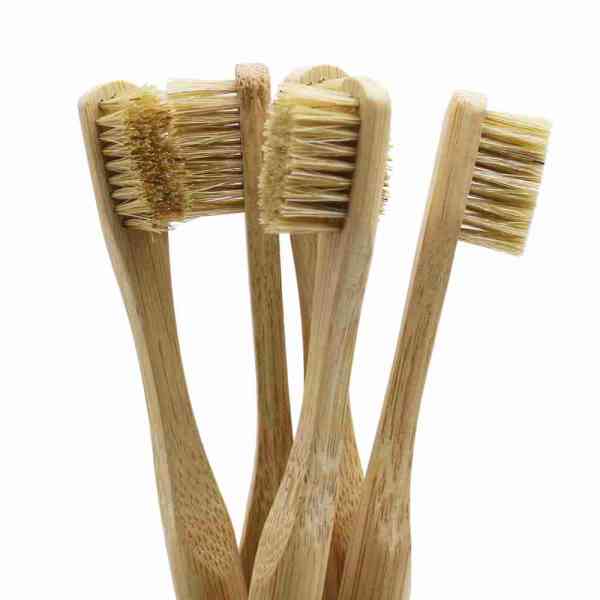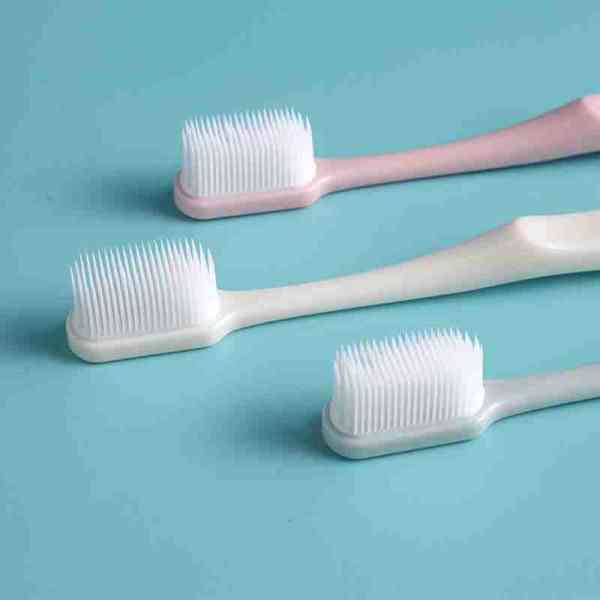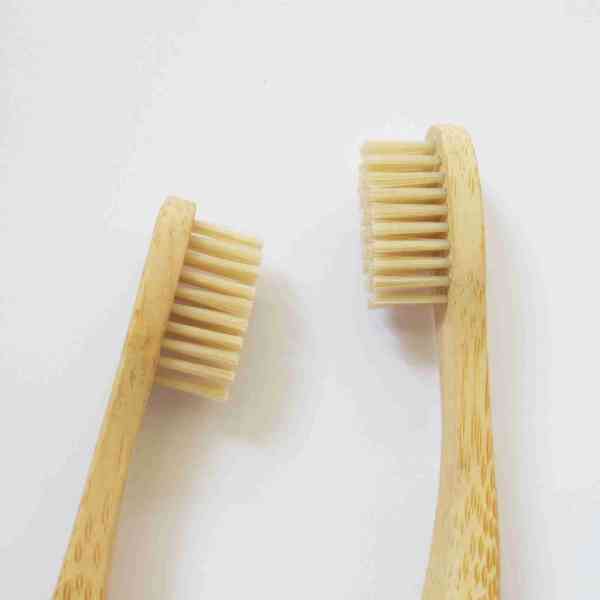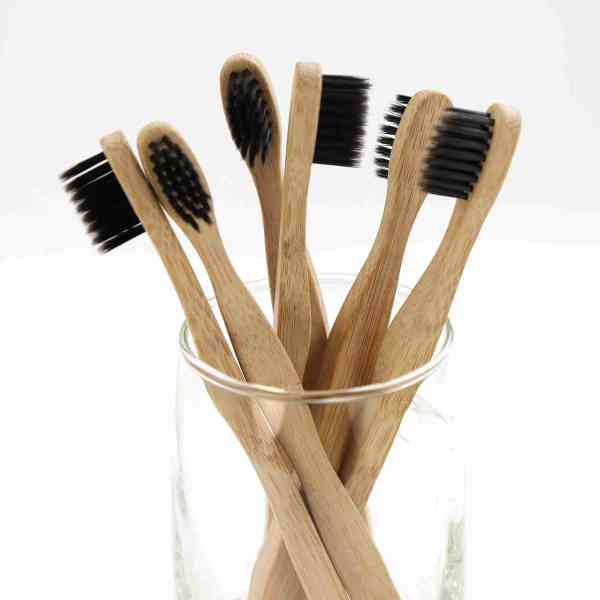Choosing the Best Toothbrush Bristle Materials for Your Oral Health
Toothbrush Bristle Materials and Recommendations
Choosing the right toothbrush bristle materials is essential for maintaining good oral health. The type of bristle material affects both brushing comfort and effectiveness. This guide explains various toothbrush bristle materials and recommends which type might be best for you.
Synthetic Bristles (Nylon)

Why Recommended
- Durability: Nylon bristles are known for their long lifespan and resistance to wear.
- Hygiene: Synthetic bristles do not absorb water, which helps prevent bacterial growth.
- Cleaning Effectiveness: They efficiently remove plaque and food particles from your teeth.
Suitable For
- General Users: Most people find nylon bristles to be a good balance of firmness and comfort.
- Healthy Oral Conditions: They are ideal for people with healthy teeth and gums.
- Efficiency Seekers: Effective at cleaning both the surfaces and gaps between teeth.
Not Suitable For
- Sensitive Gums: If you have very sensitive gums, nylon bristles might be too firm.
Natural Bristles (Pig Hair)

Why Recommended
- Traditional Experience: These bristles offer a familiar brushing feel for those used to older toothbrushes.
Suitable For
- Traditional Users: People who prefer the classic brush experience might like natural bristles.
Not Suitable For
- Vegans: Natural bristles come from animals, which is not suitable for those following a vegan lifestyle.
- Hygiene-Conscious Individuals: They can absorb water and may not be as hygienic as synthetic options.
- Durability Seekers: Natural bristles can wear out quickly and may lose their shape.
Silicone Bristles

Why Recommended
- Softness and Comfort: Silicone bristles are very soft, making them gentle on sensitive gums.
- Antibacterial Properties: Silicone does not easily harbor bacteria, which helps keep the brush cleaner.
Suitable For
- Sensitive Gums: Ideal for individuals with sensitive or bleeding gums.
- Hygiene-Focused Users: Good for those who want a brush that resists bacterial growth.
Not Suitable For
- High Cleaning Needs: They may not clean as effectively as other bristle types.
Bamboo Fiber

Why Recommended
- Eco-Friendly: Bamboo fiber toothbrushes are environmentally friendly and sustainable.
- Natural Material: They help reduce the use of synthetic materials.
Suitable For
- Eco-Conscious Users: Those who care about environmental impact may prefer bamboo fiber bristles.
- Chemical-Sensitive Users: Suitable for those wanting to limit exposure to chemicals.
Not Suitable For
- Effective Cleaning Needs: Bamboo bristles might not be as durable or effective in cleaning as nylon.
Carbon Fiber

Why Recommended
- Antibacterial Performance: Carbon fiber bristles have strong antibacterial properties.
- Durability: They are very durable and resistant to wear.
Suitable For
- High-End Users: Ideal for people seeking a toothbrush with advanced features and durability.
Not Suitable For
- Budget-Conscious Users: They are usually more expensive, which might not suit all budgets.
Conclusion
When selecting toothbrush bristle materials, consider your specific needs, including gum sensitivity, cleaning efficiency, and personal values such as environmental concerns or vegan preferences.
Each bristle type offers distinct benefits and drawbacks. Consulting with your dentist can help you make the best choice for your oral health. Choosing the right bristle material will ensure a more comfortable and effective brushing experience.
